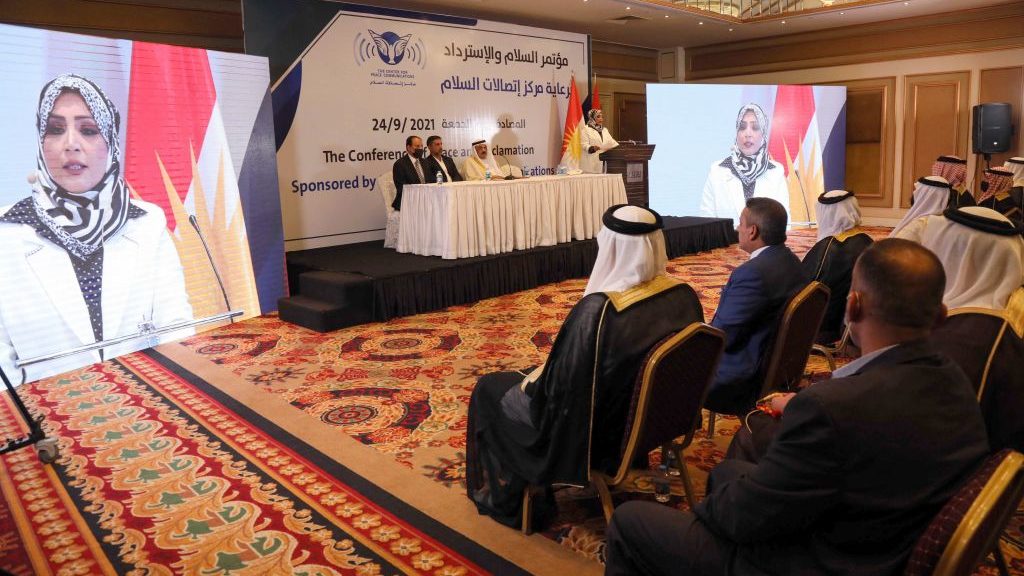Peace Activists May Be Forced to Flee Iraq
To get an access to this story:
One Year Membership
Every story. Every feature. Every insight.
Get unlimited access for as low as $99/Year!
Become a member of TML and take stake in your news.
Contribute comments, share articles, sign up for news alerts and newsletters. Tell TML what interests you.
Membership gives you the ability to enter our shop. Your personal information is not released without consent.

